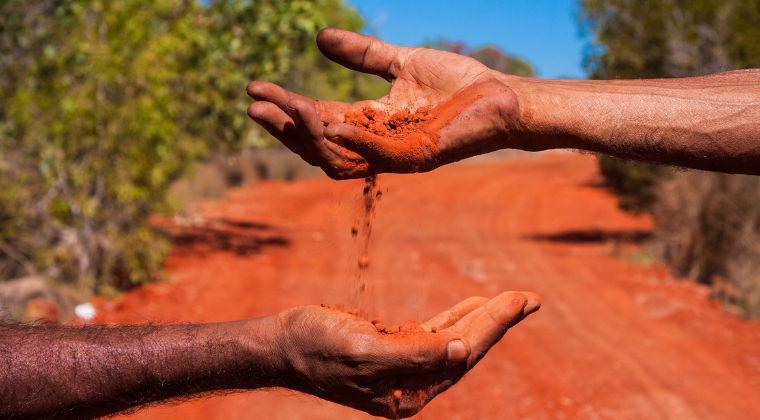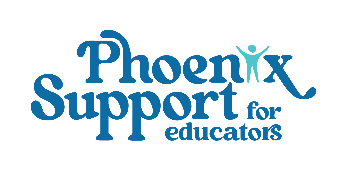Professional Development, Resources and Customised Support for Educators
Advocating for the delight of childhood, and supporting educational communities where everyone can thrive.
The team at Phoenix support for Educators provide training, resources and wellbeing coaching for educators and educational leaders. We are committed to delivering professional development and customized education support that is relevant, evidence based, and engaging.
We support early childhood educators with curriculum development, documentation, meaningful interactions, involved play, behavioural guidance and environmental aesthetics. We inspire educators by
facilitating change and progress with fresh ideas and inspiration to create
awareness and confidence for what is possible as reflective practitioners.
Our services are targeted towards (but not limited to) three main categories including:
Children's Behaviour and Development
Find out how you can positively guide and support children's behaviour and development.
Learn MoreTraining for Educator Wellbeing
Find out what services we have available to educators working in the Early Childhood Education and Care Sector.
Early Childhood Education and Care
Find out how we can help support educators and educational leaders with our focussed early childhood education courses and resources.
Learn More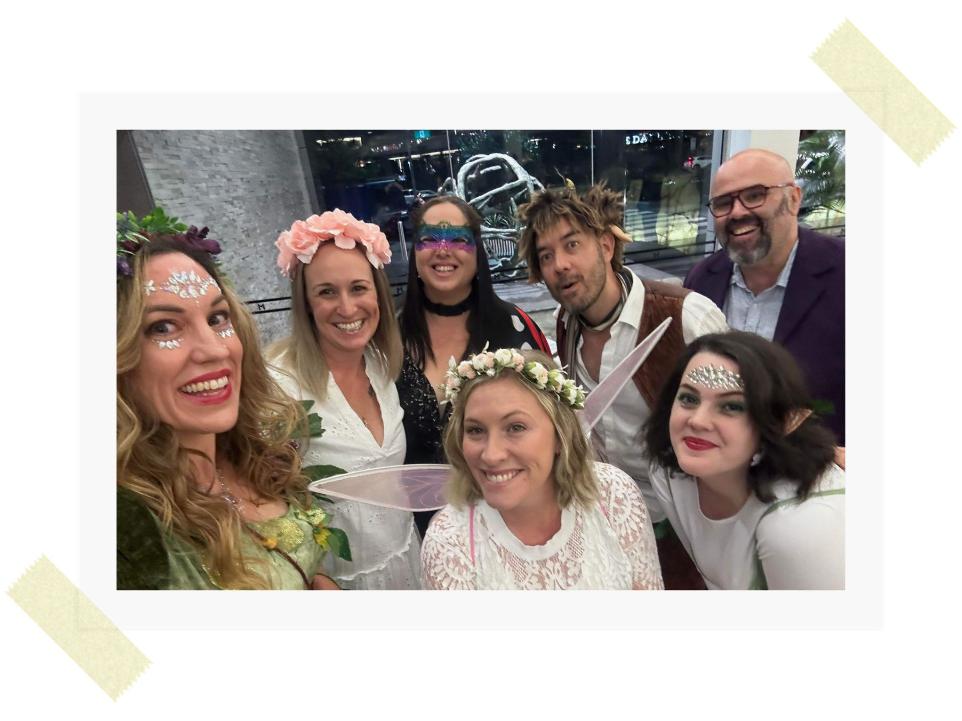
About Us
At Phoenix Support for Educators, our team of experienced professionals deliver expert advice from a wide range of specialties to provide our clients with consistently high quality training but from multiple perspectives. All our of workshops facilitators are carefully selected to ensure the utmost attention and detail is provided to our clients by an expert in their field.
MEET THE TEAMFor a FULL list of services, visit our Professional Development page
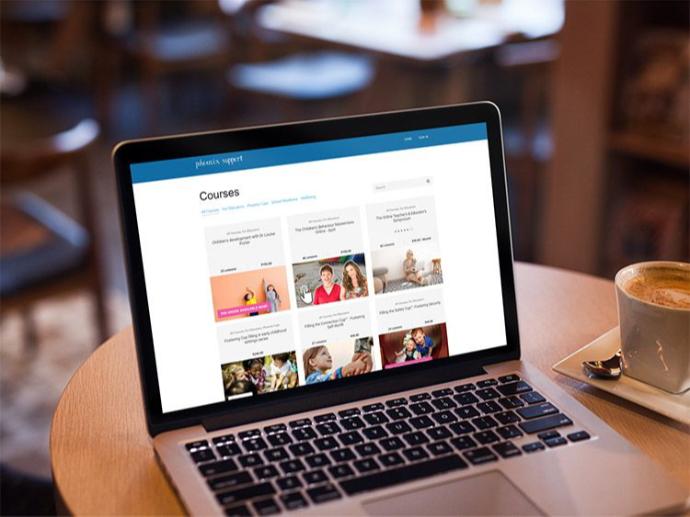
ONLINE COURSES
Our online courses are delivered on a state of the art learning management platform. Step through at your own pace, join us for live sessions, download workbooks, watch videos, and more. You'll love tracking your progress on your own personal student dashboard. Every one of our courses are designed to suit different learning styles, come with extensive student support, and completion certificates.

WORKSHOPS
Professional Development workshops around all things behaviour, including psychology, inclusion, and wellbeing. From children's behaviour to the behaviour of adults in teams, we can customise something to suit your needs. Our team of expert facilitators are available to travel anywhere in the world to deliver personalised in-house service direct to you and your team.

COACHING + MENTORING
Our coaching and mentoring services are designed to provide professional learning and continuous improvement from one of our experienced education and care staff. With over 10 years’ experience, our coaches and mentors provide ongoing professional development, tailored to your individual needs.
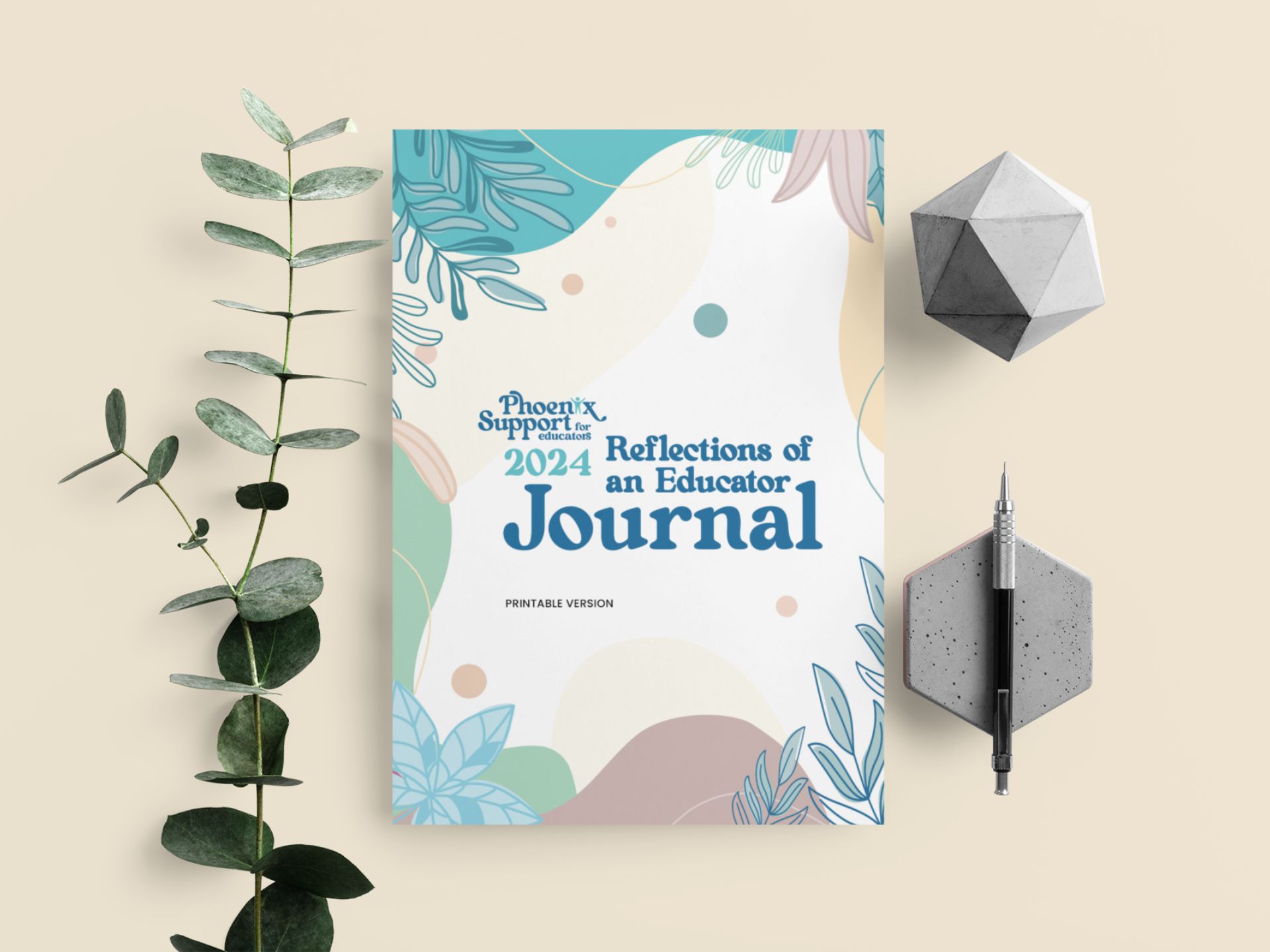
REFLECTIONS OF AN EDUCATOR RESOURCES
Designed with educators like you in mind, our Reflections of an Educator line of diaries, journals, and calendars are crafted to ignite your creativity, inspire reflection, and provide you with versatile tools for your professional and personal growth.
ParentTV
ParentTV offers
hundreds of on-demand videos
to support the parenting and care of children from birth to teens.
Online Learning Platform
For online training as well as online supplementary resources for your in-service PD.
